The Oculus Connect conference was held in the 6th session. The virtual reality represented by “VR” is still the focus of Facebook. But when the word has become a well-known vocabulary, what Zuckerberg wants to do is obviously more than just a few head-mounted devices.
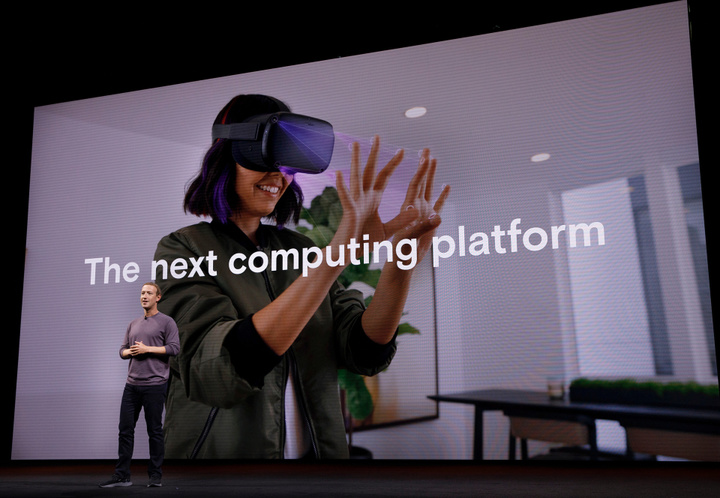
In the past, both Oculus and HTV Vive’s VR helmets required action tracking with a separate joystick controller. They are the equivalent of your “hands” in the virtual world, and can map your body movements into the game.

But the existence of the controller also limits the authenticity of our interaction in virtual reality. For example, if you want to pick up an object in the game, you may just extend the handle and press a button, which is obviously not true.
This year At the conference, Oculus launched a technique called “gesture tracking” that maps the player’s hands directly into the virtual world without the need for other physical controllers.
Zuckerberg said on the stage: “This means you don’t have to hold the handle, no buttons, no wrist straps, no other sensors.”
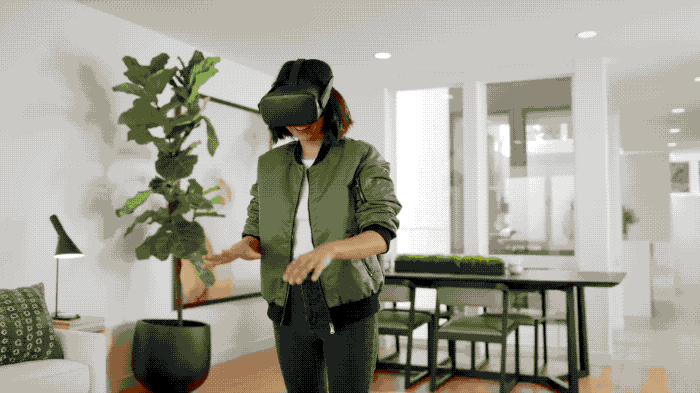
In the demo video, we can also see that after the player wears the helmet, he will see the mapping of his hands in the display. You can reach out to puncture the bubbles, or wave your palms to extinguish the candles. Previous interactions that need to be done by the controller can now be done with just these “virtual hands.”
![]()
The implementation principle is not complicated, Zuckerberg said that this mainly uses the four external cameras on the Oculus Quest, which were originally used for scanning the surrounding space to confirm the player’s location in real time. Location, now Oculus further applies it to hand tracking, and even refines the movement of each finger.

According to the official statement, “gesture tracking” technology is expected to be first applied to Oculus Quest in early 2020. Considering that this device is originally an all-in-one device, that is, you can experience VR content without connecting to a computer and a mobile phone. After further moving away from the controller of the controller, it will undoubtedly further reduce its experience threshold.

Facebook also brings the Oculus Link mode of PC VR to Oculus Quest. By November of this year, players can connect Oculus Quest and PC with a USB-C cable, and turn it into a PC-based hardware-based VR device. It is also compatible with Oculus Rift S applications, but the picture is definitely Not as good as the latter.

At present, Oculus stores have accumulated more than $100 million in revenue, and 20% of them come from games sold on Oculus Quest devices.Ming people’s acceptance of this head-mounted VR all-in-one will be higher.
In order to strengthen the appeal of the Oculus ecosystem, Facebook has also increased its investment in the content area, including an exclusive VR shooting game “Medal of Honor: Beyond the Summit” a>.
From the demo video, the gameplay is similar to Call of Duty in the early days of World War II, but with a lot of VR content that emphasizes interactive and immersive experiences.

For example, if you lose your hand, you can use Oculus’s handheld controller to make a “plug” and then “throw out” action; you can even reach out to pick up the grenade that the enemy has thrown, and then throw it back.
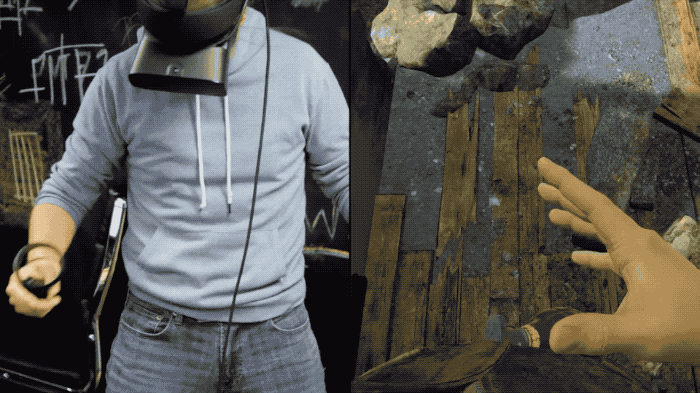
There are scenes like climbing, swimming, etc. The device also captures the player’s physical work in real time and restores it to the virtual world.
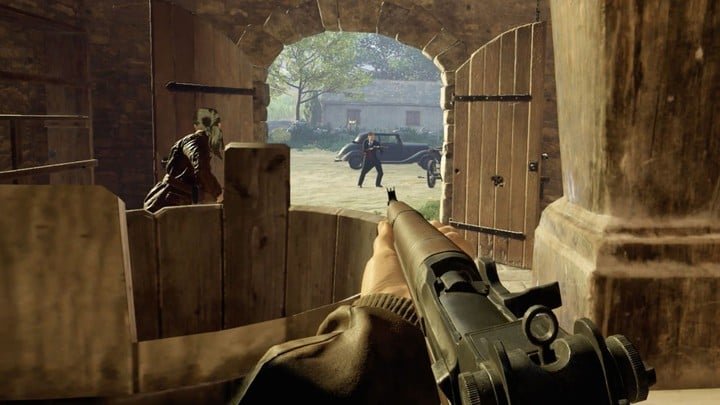
It is reported that this work was jointly developed by Oculus and Rebirth Entertainment and will contain the complete campaign content, which is expected to be launched in 2020. Considering that Rebirth Entertainment has experience in the development of well-known shooting games such as Titans and Apex Heroes, the quality of this work should be guaranteed.
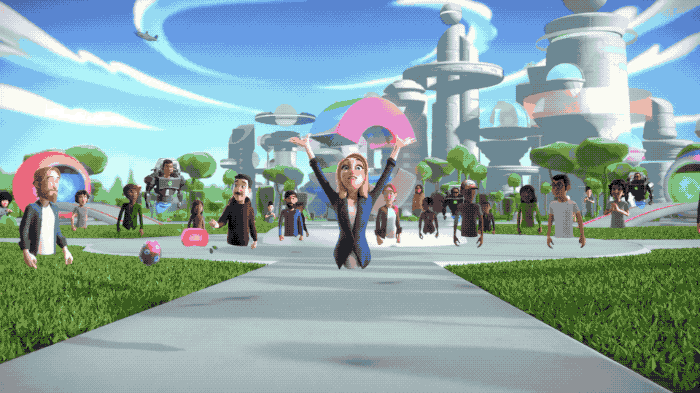
In VR social exploration, Facebook also plans to launch a project called Horizon. Players can create their own virtual characters and then interact with other players in the public space. The official also said that players can exchange, party or play games in this world, and even create their own island or event space, and then invite other friends to visit.
In terms of performance, Horizon is similar to Sony’s “Home” launched in the PS3 era, or the “Second Life” platform operated by Linden Lab. According to the plan, this virtual community will also be launched in 2020.

It can be seen that social is still the focus of Facebook, especially the future social way provided by VR virtual reality, which gives Facebook unlimited imagination.
But when this future will come, Zuckerberg will not give an answer in a moment.

For Facebook, VR seems to have become a business that keeps burning money but hard to see returns. From a business perspective, the benefits of Oculus are obviously not as good as the two other companies that Facebook bought – What?sApp and Instagram are obvious, and many startups have also withdrawn from the field because they cannot support continued capital investment.
But Zuckerberg is still convinced that VR and AR will become the next generation of computing platforms after mobile devices in 10 years, directly changing our work and life.
He also stressed in July this year VR/AR can provide a better experience than traditional computing platforms because it can give people a sense of presence, which is very important for social interaction and communication between people. of.
Of course, everything needs an evolutionary process, especially for VR/AR. With the current iteration speed of Oculus hardware, and the ecosystem of the entire application, game, It is no different from being a mass consumer electronic device like a smartphone. Zuckerberg himself admits that Facebook still has a lot of technical problems to solve in order for VR devices to arrive. A stage that everyone is satisfied with.
At this conference, Oculus also said that he is developing AR augmented reality equipment and already has prototype products, but it will take several years for the equipment to be truly mass-produced and brought to market.
Source: Facebook